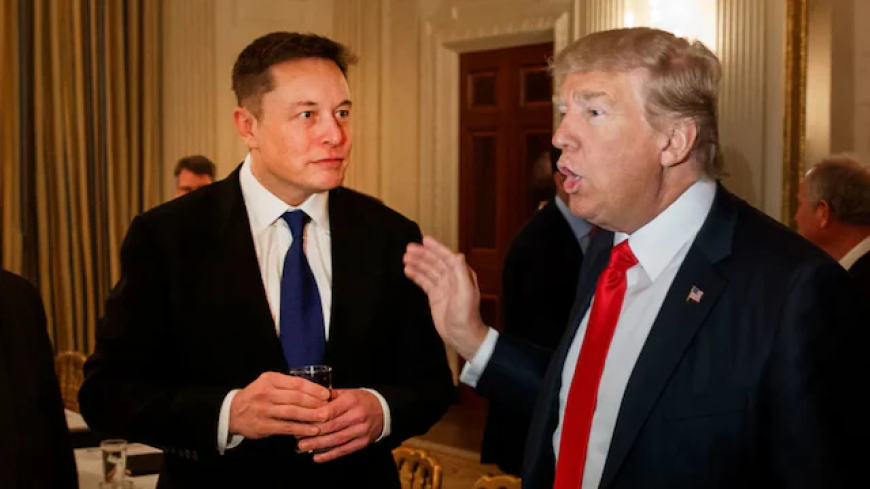Is Elon Musk’s anger real or political? What’s inside Trump’s EV tax bill?
A fiery face-off brews as Elon Musk and Donald Trump lock horns over EV tax credits, turning electric dreams into a political battleground.

Washington D.C. [USA], June 05: Tesla CEO Elon Musk slammed President Donald Trump for backing a bill that cuts electric vehicle benefits. The tax bill shortens the EV tax credit to end in 2025. Musk claims he wasn’t even shown the bill before it passed. He now calls the move unfair and rushed. Trump, on the other hand, believes Musk is overreacting and being ungrateful for past support.
Musk Claims Bill Was Passed Silently at Midnight
Elon Musk voiced anger on X (formerly Twitter), saying the bill passed so quickly that even Congress didn't have time to read it. He added that nobody consulted him. This statement came after Trump claimed Musk had full knowledge. Musk’s frustration seems rooted in how this EV mandate directly affects Tesla, possibly causing big losses if passed.
What’s Inside the ‘Big Beautiful Bill’ and Why It Hurts Tesla?
The controversial tax bill, championed by Trump, includes a section titled ‘Termination of Clean Vehicle Credit’. It ends the EV tax credit 7 years earlier—on December 31, 2025. If it becomes law, electric vehicle owners will lose tax savings, and new buyers might avoid EVs. It also proposes yearly fees of ₹20,000 for EVs and ₹8,000 for hybrid cars.
Trump Fires Back: Calls Musk Ungrateful and Confused
Donald Trump responded by calling Musk “ungrateful” and accused him of changing his stand. The former President also said Musk suffers from “Trump derangement syndrome”. He believes the bill is good for the country and reduces dependency on subsidies. Trump also claims EVs aren’t ready for mass use and could hurt American autoworkers in the long run.
EPA Pushes for Cleaner Cars, Adding to the Pressure
In 2024, the EPA (Environmental Protection Agency) passed rules that force carmakers to cut pollution. These rules aim to make more than half of new vehicles electric by 2032. That makes the EV tax credit even more important. Musk argues that without support, people might stop buying EVs. The debate now grows louder as politics and clean energy collide again.

 Aryan K
Aryan K 





